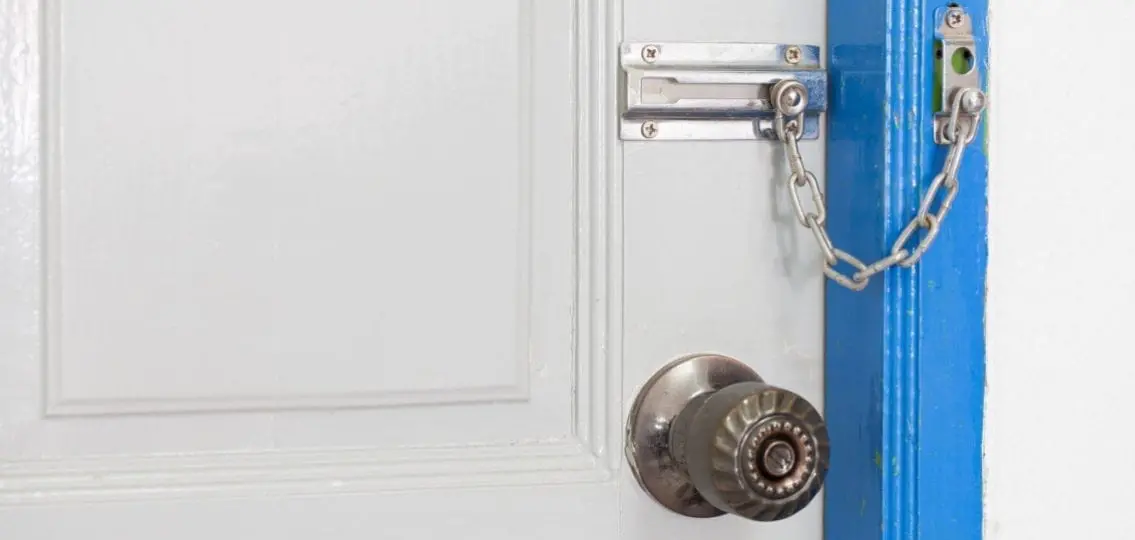Most teens need to keep secrets from their parents as a healthy step in developing their sense of identity. As they withhold information from their parents, they begin to understand who they are and what is important to them.

The need for privacy is normal, and within reasonable limits, should be encouraged.
However, there are occasions when teens might not be sharing because they are afraid of their parents’ reaction. Few teens will openly talk to their parents about a concerning event or worrisome behavior if they are nervous about the consequences. If you want your teen to share, be careful to eliminate judgment from your response.
It is also normal and healthy for parents not to reveal secrets they know about their teens. Do you really need to tell your teenage son that you know one reason he might be spending so much time in the bathroom?
Giving your teen privacy shows respect. Allowing space for your teen to tell you about a boyfriend or girlfriend, a disappointing grade or some other challenge, on your teen’s terms, will almost certainly increase the amount of communication in the long run. The more you push, the less you will probably get. If you are really worried about something, you can say, “I am worried about (fill in the blank), but I am not sure how to ask you. Can you think about it and let me know?” However, once you ask, you must be patient and wait.
While increased secrecy is normal, it is not necessarily easy for either parents or teens.
Teens will make mistakes, sharing too little information with adults who can help or too much information with parents and teachers, and every friend on Facebook. Allowing these mistakes and talking about them afterwards is itself the experience that will lead to a mature adult relationship between you and your teen. Both parents and teens need to make glorious mistakes together so that they can grow personally and together.

While the days of knowing everything about your child are gone, respecting your teen’s privacy (which means keeping your own secrets and letting them have theirs, too) will help you feel good about the fact that a new, more mature relationship is on the horizon.




